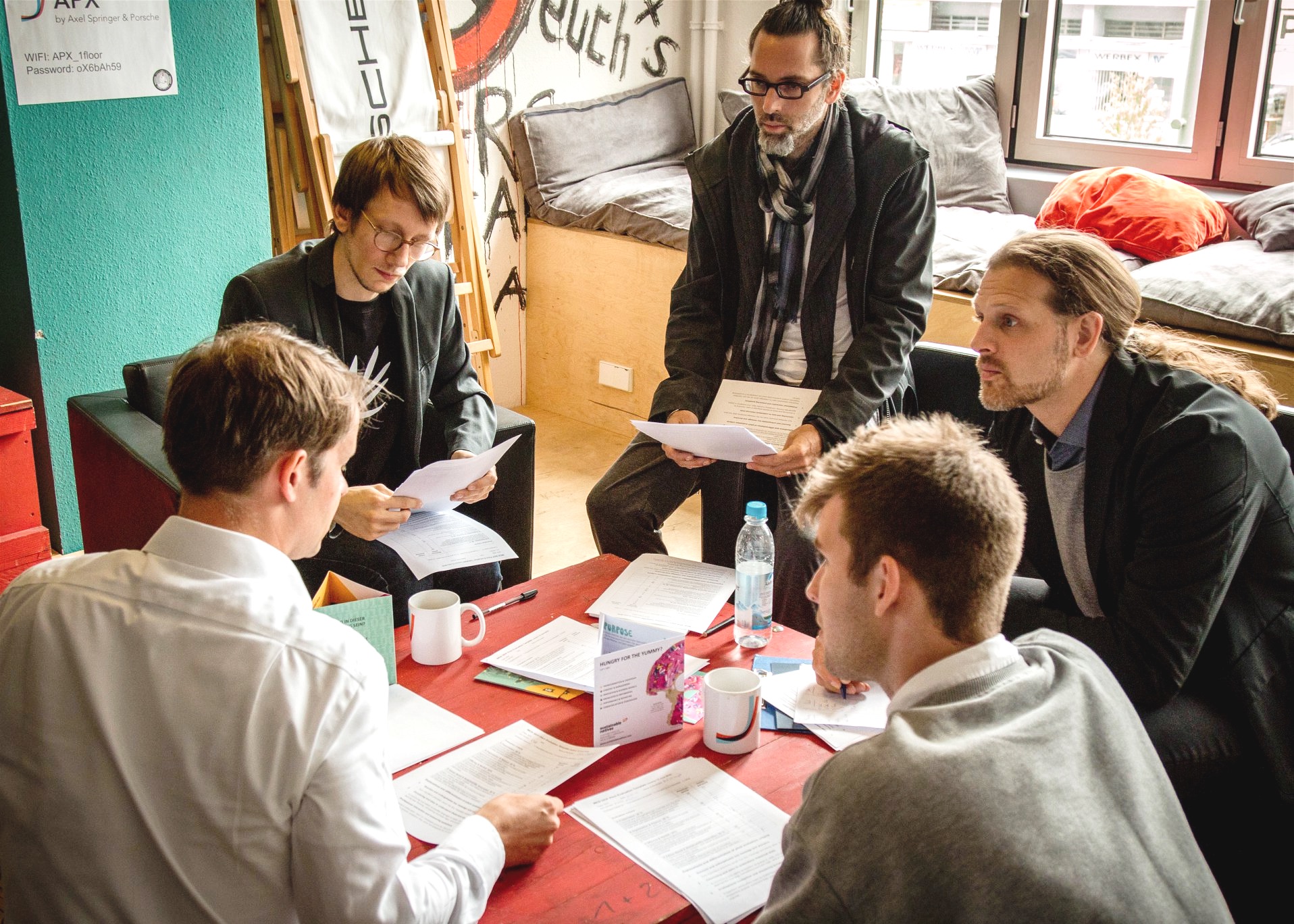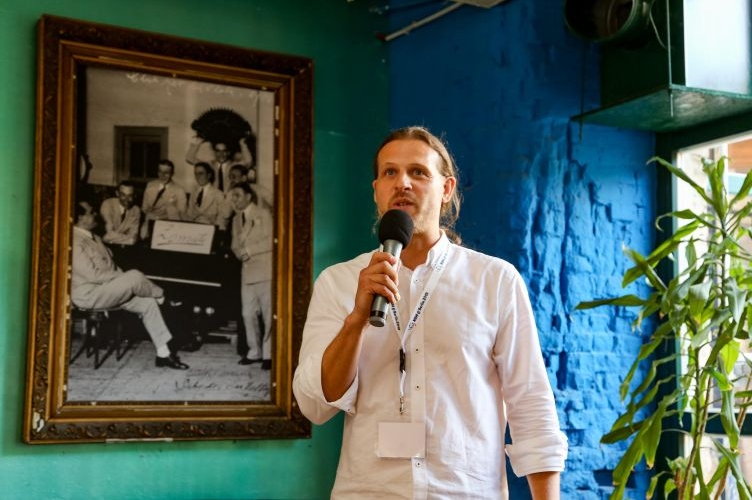An interview with Prof. Dr. Florian Lüdeke-Freund, ESCP Berlin's European Academic Director of the Master in Entrepreneurship and Sustainable Innovation (MSc). Here is what he had to say about the intricacies of fundraising, enacting change in the world as a young entrepreneur and ESCP's Master programme.
"Creativity, thinking outside the box, being bold enough to enter unknown terrain": that's what sustainability entrepreneurs are made of!
Young entrepreneurs with good intentions very often encounter difficulties in generating fundraising for their sustainable business projects. How does one set themselves and their projects apart from the rest?
Fundraising is a major challenge for both traditional and sustainability entrepreneurs. One of the biggest problems is the cliché that sustainability comes at a cost or is just a feel-good add-on. But that’s totally wrong. Every new product or service that has to be developed – and is maybe radically different from the current market standard – incurs a lot of costs in terms of research and development, prototyping, user tests, market roll-out, and many more. Sustainability often comes as an additional cost if it is simply added, e.g. as an additional product modification or communication approach. But smart sustainability entrepreneurs think of the ecological and social aspects of their offerings right from the start. And that’s what we are teaching and exploring in the Master in Entrepreneurship and Sustainable Innovation.
In fact, sustainability entrepreneurs start from ecological and social challenges such as climate change or social exclusion and develop products and services made to solve these problems. If better materials, better working conditions, and thus in the end higher customer and stakeholder satisfaction are part of an entrepreneur's business projects from the beginning, the likelihood is very high that they are not just able to better control their costs but also to create a really sustainable competitive advantage. We know from empirical research that the relationship between companies’ sustainability and financial performance, which is important for investors and other funders, is non-negative in 90% of all cases. In fact, many studies building on years of empirical research even find strongly positive relationships between sustainability and business performance. We can say: sustainability pays!
What can young entrepreneurs do to enact change in the world? Can you give any examples of success cases that had a great impact e.g. on climate change and resource consumption through entrepreneurship?
Young entrepreneurs and I would always consider people working within existing organisations as entrepreneurs, too. So-called “intrapreneurs” should be able to forget the status quo and follow their own values and visions. If a young graduate student wants to turn oil and gas corporations into zero-emission businesses, they should definitely go for it! Change and radical disruptions need freedom and a large portion of creativity.
This can, for example, include the application of new digital technologies to domains in which these are not common yet. Farming is increasingly becoming a digitised activity with satellite-supported devices made to increase the efficient use of seeds and fertilisers. How about using these technologies to make farming not only more efficient but also more environmentally friendly? How can digital technologies such as the online crowd and global exchange about sustainable farming practices, waste reduction measures, food logistics, and many more help in solving the paradox problem of overconsumption in industry nations and lack of food supply in other parts of the world?
Creativity, thinking outside the box, being bold enough to enter unknown terrain, such as new digital technologies, to beat business as usual – that’s what should drive a sustainability entrepreneur. A prime example is Interface Inc., a US-based company that turned from a carpet producer to a floor-covering service provider. The company pioneered the floor-covering service business in the 1990s and became a world leading company. Their transition from product to service led to a radical reduction of their environmental impact drastically, improved their employees’ motivation, and allowed the company to strive for a “mission zero”. Check it out here.
How does the Master in Entrepreneurship and Sustainable Innovation act as a driving force to pushing for more sustainability in businesses?

We motivate our students to develop a “beating business-as-usual mind set” through three major features of our programme:
First, we challenge students to think about business from a sustainability perspective. Starting from a sustainability challenge and asking what business can do to solve it. That’s a radical progression from traditional technology-, market-, or customer-driven approaches to business development.
Second, we offer many project-based formats, such as a one-year business ideation project or a company consultancy project, that allow students to test their, in the best case, radical business ideas. This extends towards students’ Master theses and internships. Here, the “beating business-as-usual mind set” can unfold practically.
Third, after the programme, I am convinced, our students see the job market from a very different point of view. They may be motivated to start their own eco- or social businesses, to join existing sustainability pioneers, or, what I would really hope for, to join traditional, highly-polluting companies and try to change these from within.
Campuses
